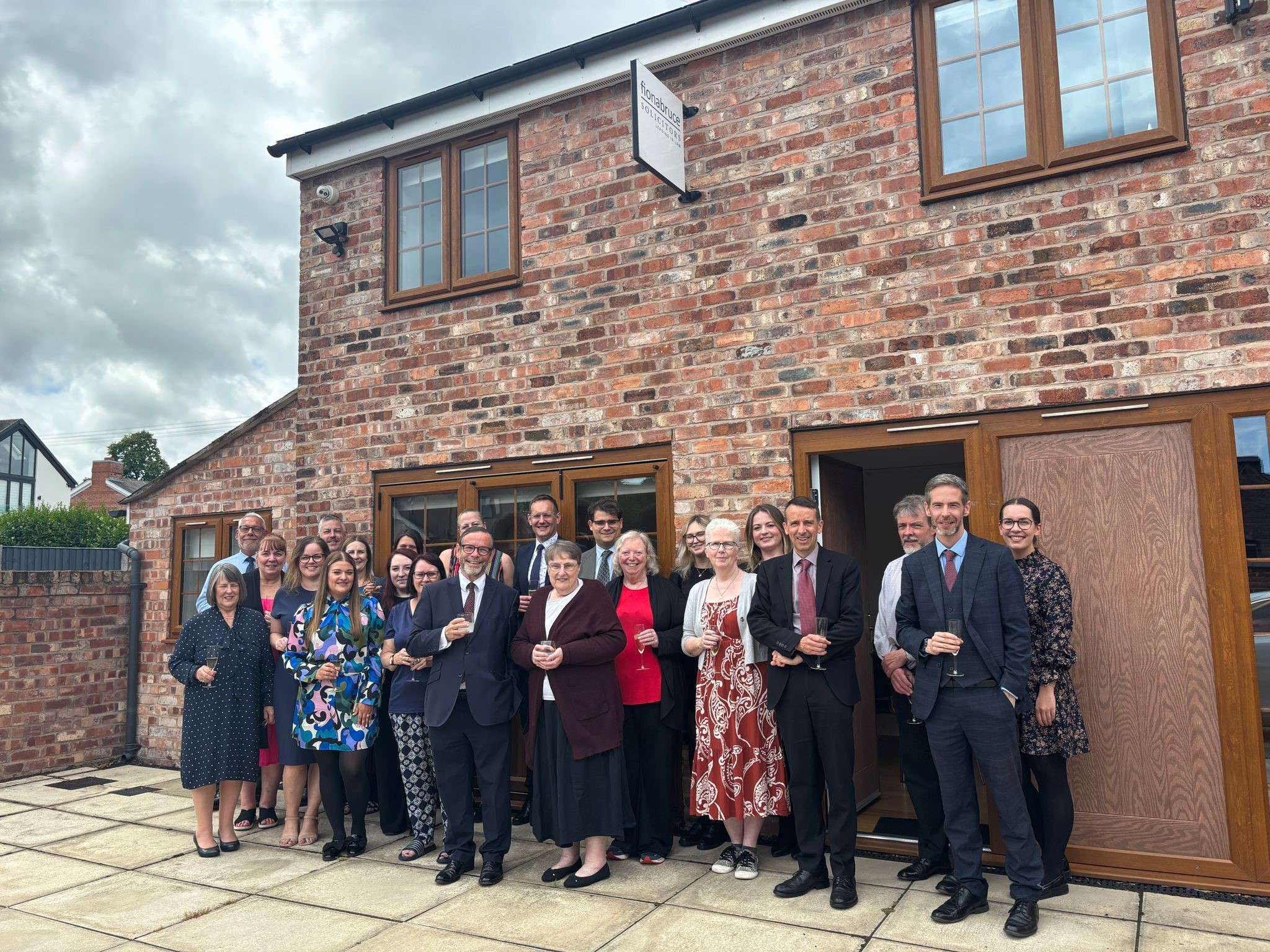Domestic Violence and abuse terminology is constantly evolving, and will be further assisted by the Domestic Abuse Bill which at the time of writing is currently in review by the House of Lords. The Bill aims to:
Introduce a new statutory definition of domestic violence to include economic abuse.
Appoint a Domestic Abuse Commissioner to set the precedents for services being offered to survivors and perpetrators of domestic abuse.
New measures to be introduced, including domestic abuse protection notices and orders.
However, it remains the case that many offenders are not prosecuted, whether due to lack of evidence, victims withdrawing statements, or not reporting the abuse in the first place, due to fear of reprisal.
Within family proceedings, however, the civil standard of proof i.e., on the balance of probability, is lower, meaning that perpetrators of domestic violence and abuse are more likely to have findings of fact against them in the family court. This will hopefully mean that victims are more adequately protected by way of appropriate court orders.
The Government are continuing to tackle this issue further however via the Domestic Abuse Consultation. The aim of this project is to hear from organisations which provide support to victims, as well as the victims themselves, to identify what more can be done within the family court process to strengthen child protection and protection of victims where required.
One of the areas identified for improvement is that of parents using the family court to continue to cause harm or abuse to a child by way of repeated applications to the court for contact. As part of the consultation, the use of barring orders will be considered. This will assist to prevent abusive parents from making further court applications once the court has already determined what is in the best interests in the child or children involved, thereby protecting victims from further proceedings which can often cause further trauma.
The contents of this article do not constitute legal advice and are provided for general information purposes only.
The contents of this post do not constitute legal advice and are provided for general information purposes only ■











